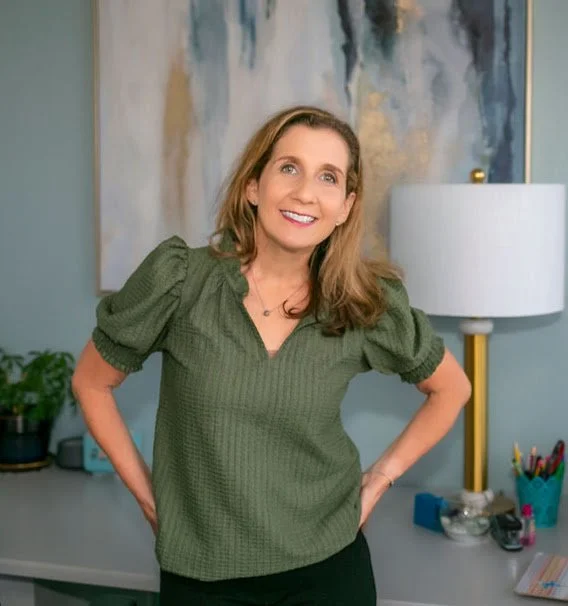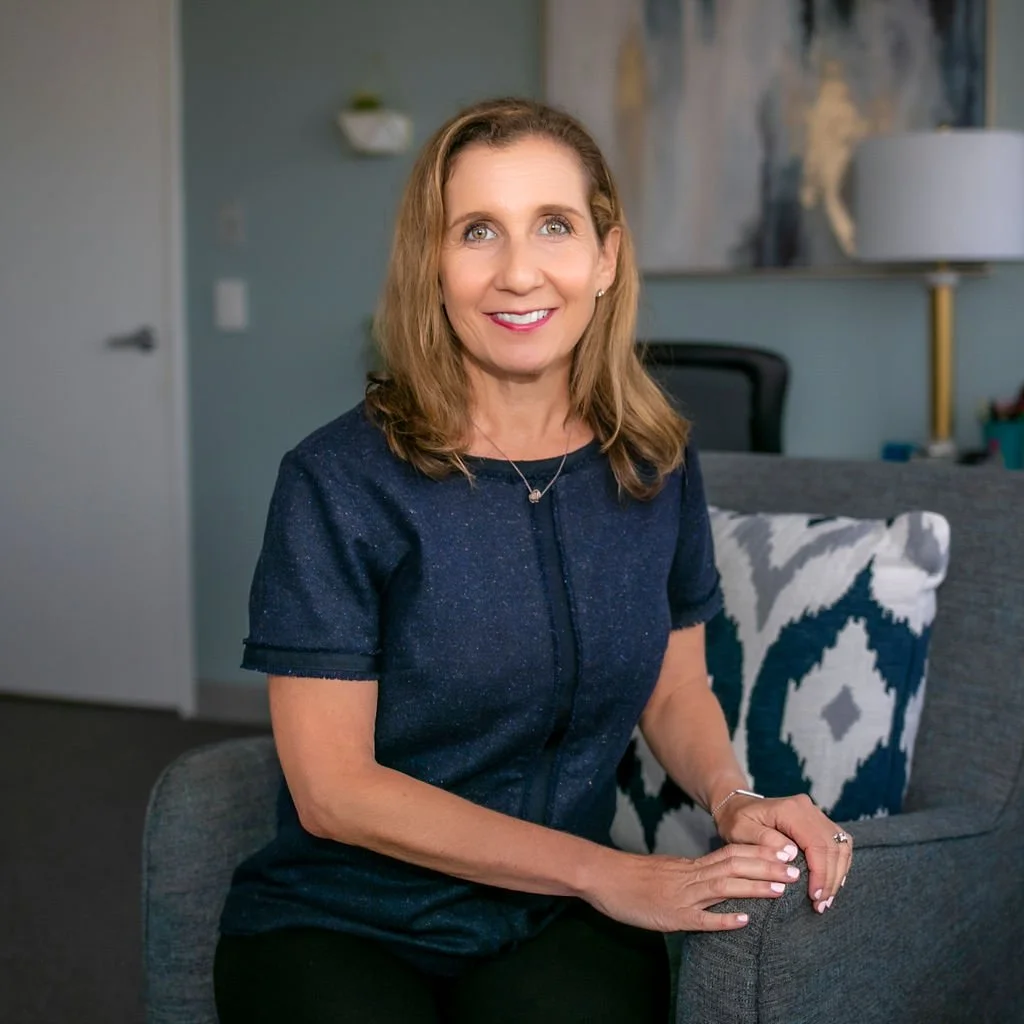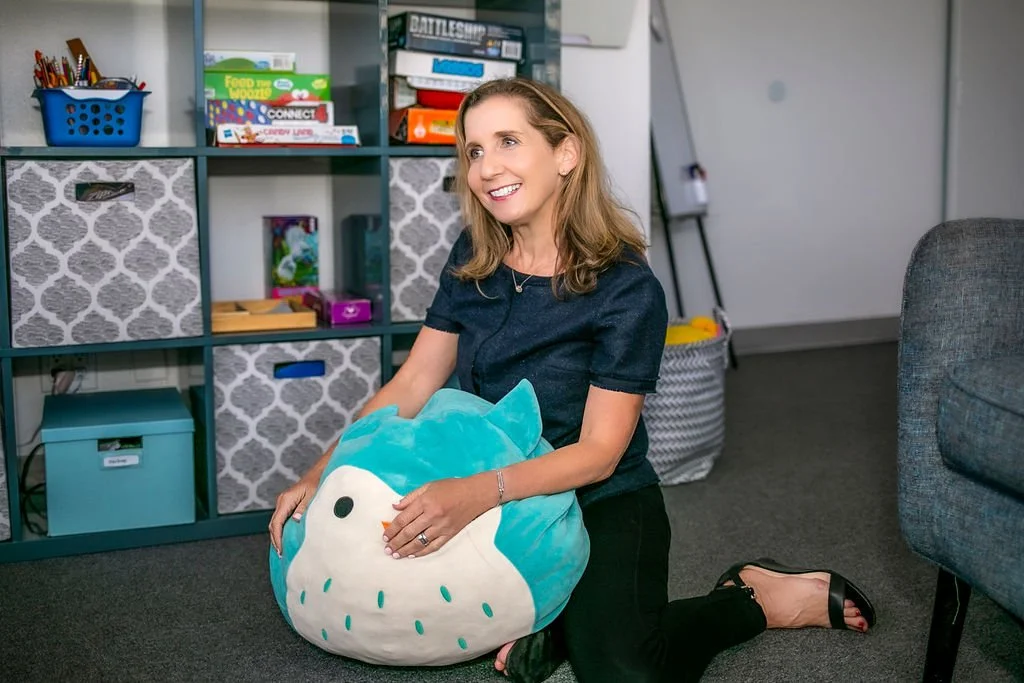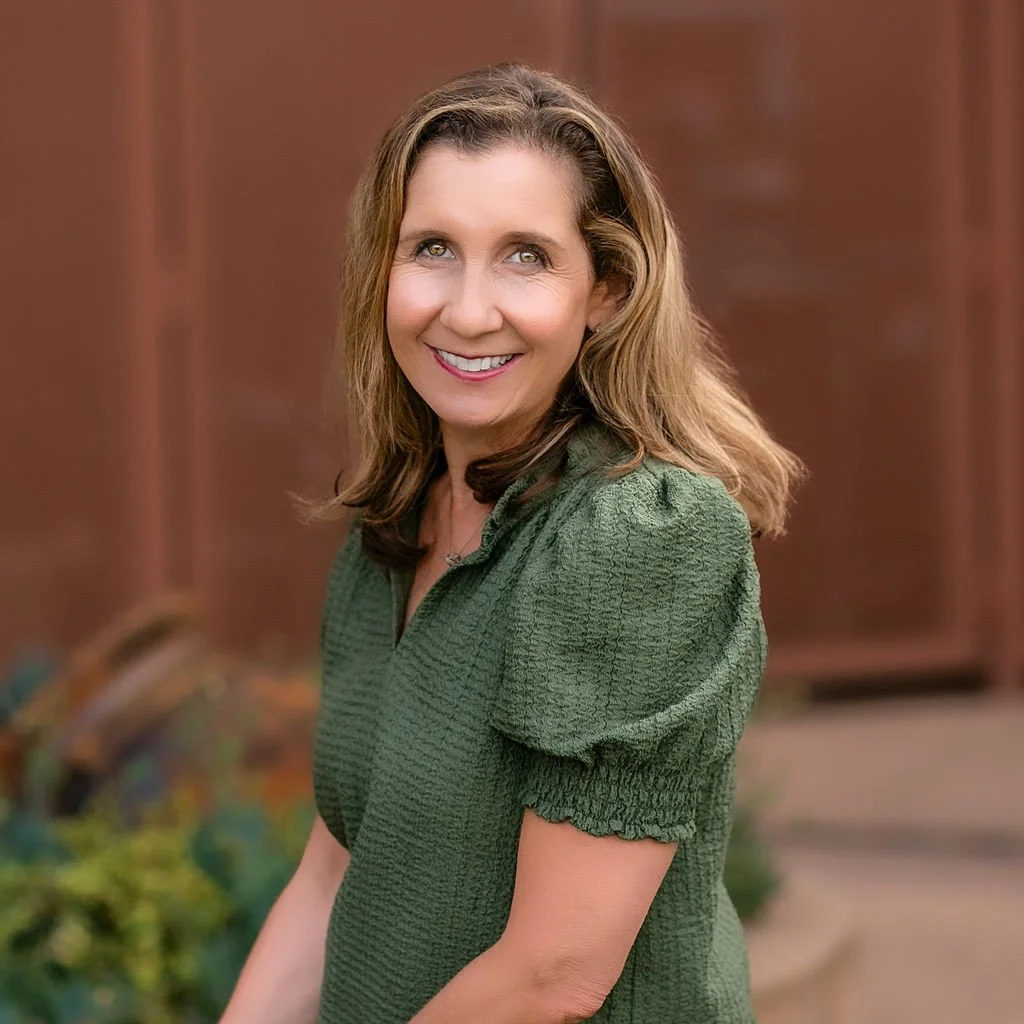Feeling overwhelmed by parenting advice that doesn’t work for your child with anxiety or OCD ?
Let’s find strategies that actually fit your child—and your nervous system.
Parenting a child with OCD and anxiety can be overwhelming.
You’ve read the books, tried the tips, and still find yourself stuck—second-guessing your every move and feeling like you’re constantly walking on eggshells.
It’s not that you’re doing anything wrong.
Anxiety and OCD just needs a different kind of support.
Together, we’ll break the patterns that keep anxiety and OCD in charge—so you can respond with confidence, help your child build flexibility, and take back the lead in your home.
Does this sound like you?
You want to help your child manage anxiety or OCD, but you're not sure how—especially when the fear, meltdowns, or endless reassurance seeking take over.
Your own anxiety kicks in when your child struggles, and suddenly you’re both stuck in the worry cycle.
You’re stuck living life on your child’s terms, keeping everything narrow and predictable because they avoid or opt out of so many things.
Your child knows their worries aren’t logical, but they get stuck catastrophizing and can’t let go.
Even simple routines—getting out the door, doing homework, going to bed—can turn into battles.
You're trying hard to stay calm and model regulation, but some days it just feels like survival mode.
You’re ready for a practical, no-nonsense approach that helps you step out of anxiety’s trap—and lead your family with more clarity.
Anxiety and OCD Focused Parent Support Gives You The Tools To Lead—So Anxiety and OCD Don’t.
Parenting a child with anxiety or OCD takes intention, flexibility, and a willingness to do things differently.
In our sessions, we’ll focus on practical, no-nonsense strategies that help you step out of anxiety’s trap—and teach your child to do the same.
You’ll learn how to:
Respond to anxiety and OCD without getting pulled into reassurance or rituals
Set firm, compassionate boundaries—even when your child resists or panics
Interrupt unhelpful patterns and stop doing the things that accidentally feed anxiety
Support emotional growth and resilience—even when your child avoids talking about feelings
Manage your own worry so you can stay calm, clear, and in charge
Let go of perfection and parent from your values—not your fear
Helping Anxious Kids Starts With Helping Anxious Parents.
When you learn how to stay steady during your child’s storms—without fixing, rescuing, or over-accommodating—you give them space to develop the skills they need to face life’s uncertainties.
When Parents Shift Their Approach
“Many parents feel the urge to respond right away to their child’s anxiety. But in therapy, they learn that stepping back and giving less attention to the worry can help their child build courage. Over time, kids begin to face fears without needing constant reassurance.”
Maybe you’re not sure if parenting support for anxious children is right for you?
-
Yes! Parent support provides tailored strategies to address your child’s unique needs while helping you feel more confident in supporting them through tough moments.
-
Traditional parenting advice often focuses on general behavior strategies like rewards and consequences. But with an anxious child, those approaches often don’t address the real problem—and can sometimes make things harder.
Parent support for anxious kids focuses on how you as the parent can respond differently to your child’s anxiety. Instead of trying to force your child to be less anxious, you’ll learn how to reduce accommodations that feed anxiety and build supportive, confident responses. This helps your child feel safer, face their fears, and strengthen their resiliency over time—without needing them to lead all the change alone.
-
It's common to worry that reducing accommodations will make things worse. In the short term, your child might feel more anxious when you begin to change how you respond—that’s normal. But over time, these changes teach your child that they can handle their anxiety without needing constant reassurance or avoidance. Treatment is designed to help you make these changes in a supportive, gradual way that strengthens your child’s confidence and resilience.
-
No. One of the strengths of parent focused support for anxious kids is that it focuses on changing the parent’s responses, not requiring the child to participate directly. Even if your child is resistant to therapy or doesn’t want to talk about their anxiety, you can still create meaningful change by learning how to respond in ways that reduce accommodation and support their bravery. Many families see improvements without their child ever attending a session.
Meet Melissa
Parenting a child with anxiety or OCD is tough—I get it, because I’ve lived it too.
I know what it’s like to lie awake at night wondering if you’re doing enough—or doing it wrong. To try staying calm while your child spirals, only to feel your own anxiety rise right along with theirs. And when OCD gets involved? The demands, the rituals, the “what ifs”—it can take over the whole household.
That’s why I bring more than just professional expertise to our coaching sessions—I bring lived experience and practical tools that actually work.
You won’t get vague advice or unrealistic expectations.
You’ll get clear, actionable strategies that help you:
Respond to anxiety and OCD with confidence, not confusion
Interrupt patterns like reassurance, avoidance, or walking on eggshells
Step back into the lead—even when your child is panicking or pushing back
Think of this as a pattern-breaking parenting reset.
You’ll get tools, support, and real guidance to stop anxiety and OCD from running the show.






